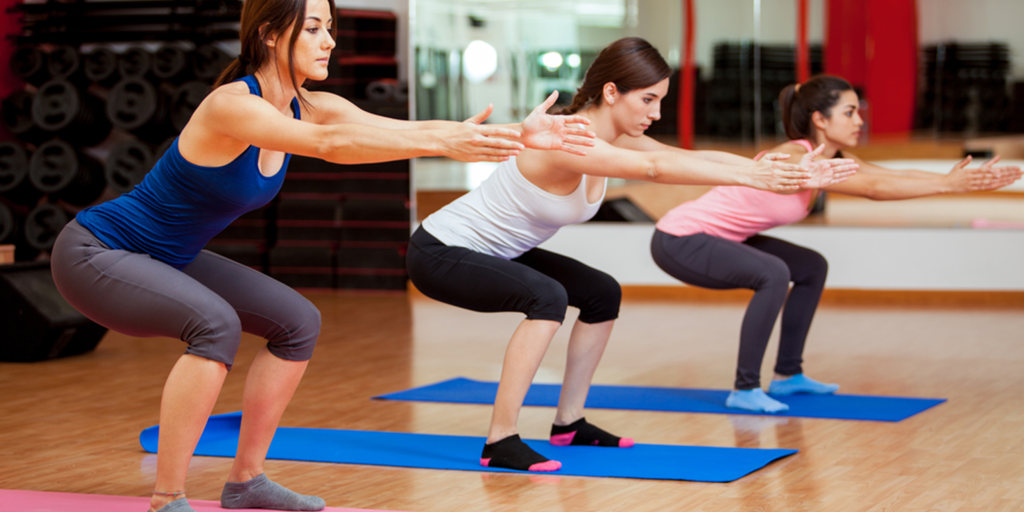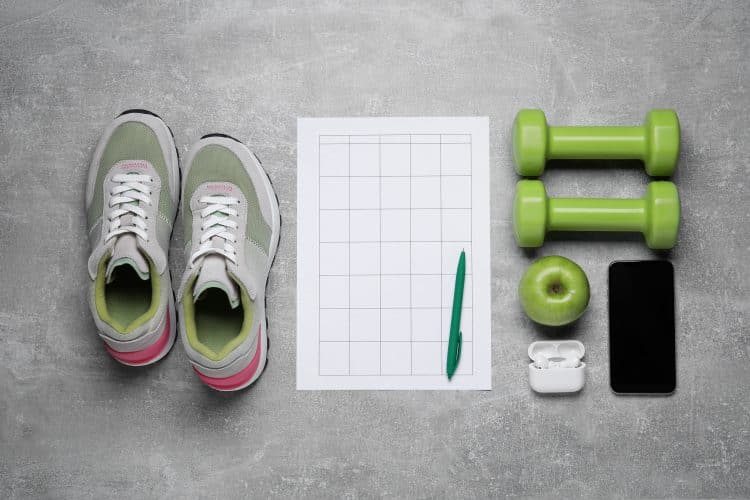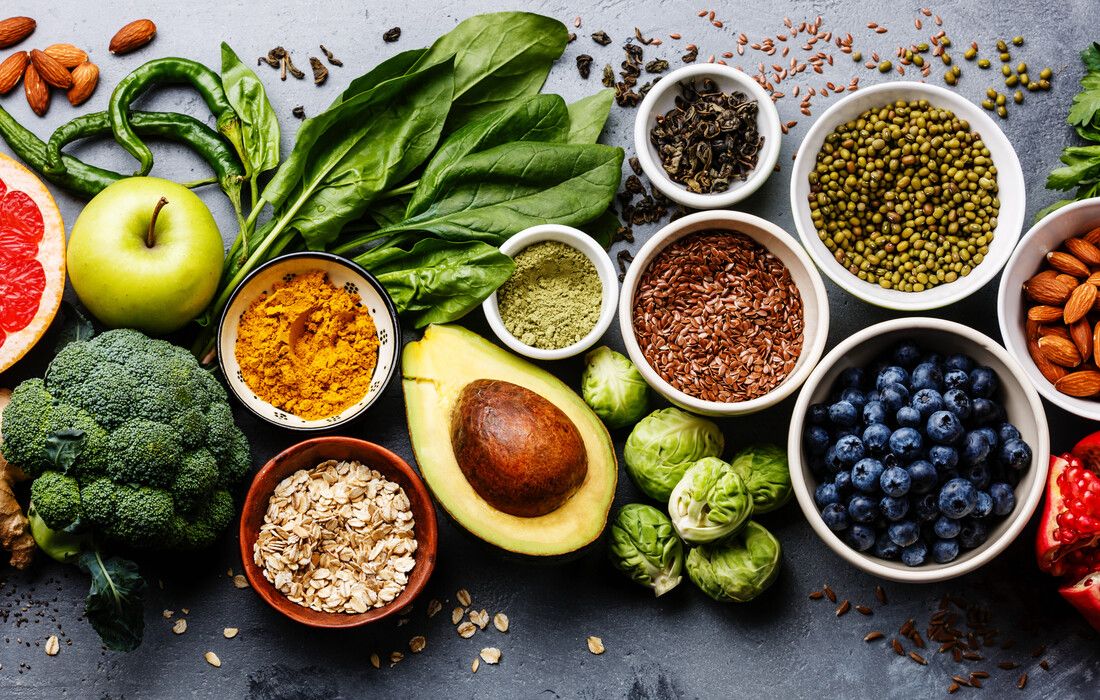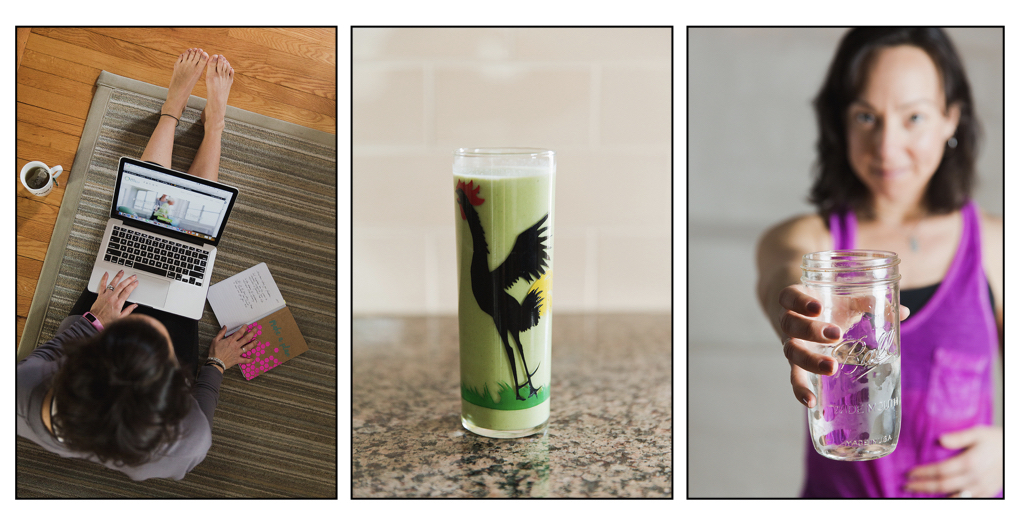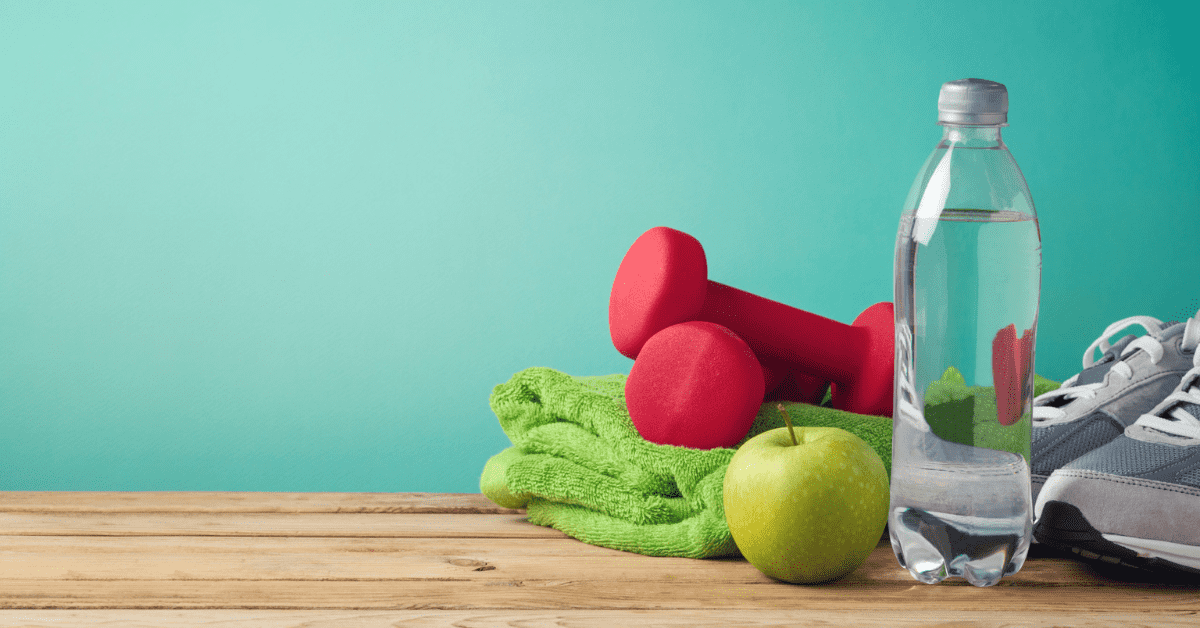Understanding Exercise Physiology
Exercise and fitness are integral components of a healthy lifestyle, but their benefits extend far beyond mere physical appearance. To comprehend the profound impact of exercise on the human body, it’s essential to delve into the realm of exercise physiology.

Muscle Contraction and Energy Systems
Muscle contraction, the fundamental process behind movement, relies on intricate biochemical mechanisms. Within muscle fibers, the sliding of actin and myosin filaments generates force, propelling the body into action. This process demands energy, which is supplied through various energy systems.
ATP-PCr System
The ATP-PCr system, also known as the phosphagen system, provides rapid bursts of energy for short-duration activities such as sprinting or weightlifting. Creatine phosphate (PCr) rapidly regenerates adenosine triphosphate (ATP), the energy currency of cells, facilitating quick, high-intensity efforts.
Glycolytic System
For activities lasting longer than a few seconds but requiring intense effort, the glycolytic system kicks in. Glycolysis, …
